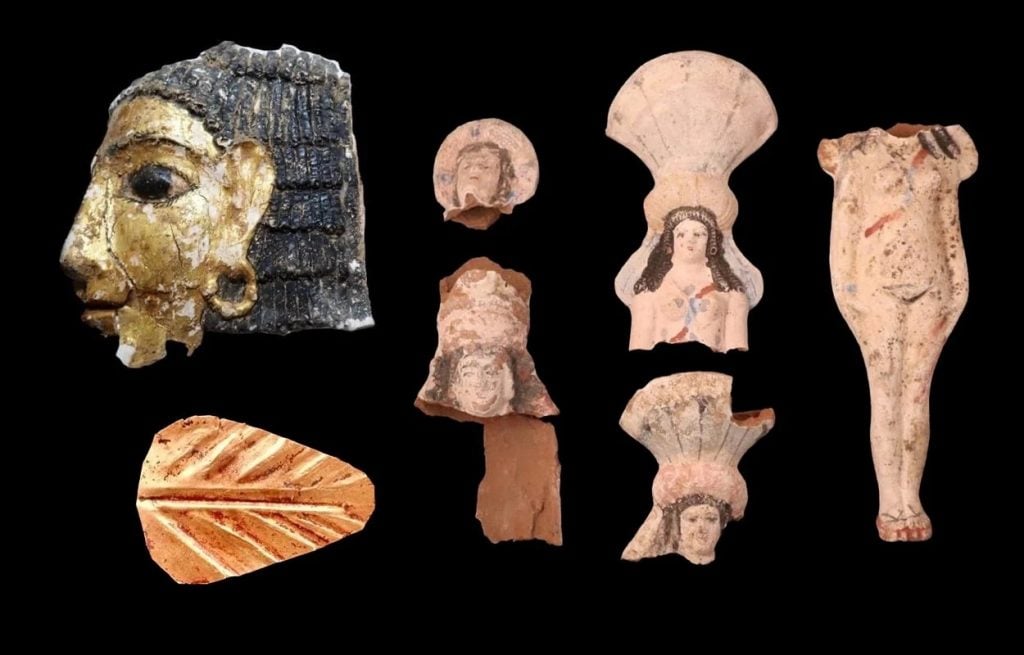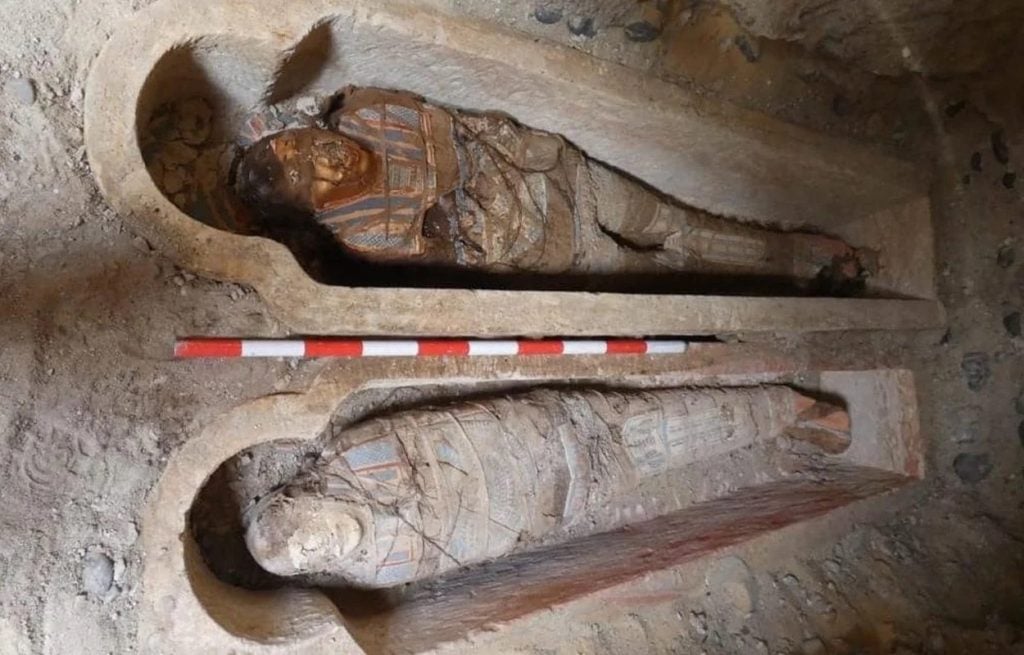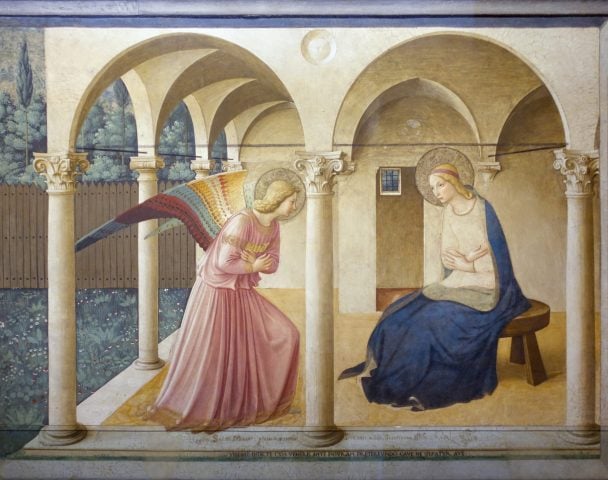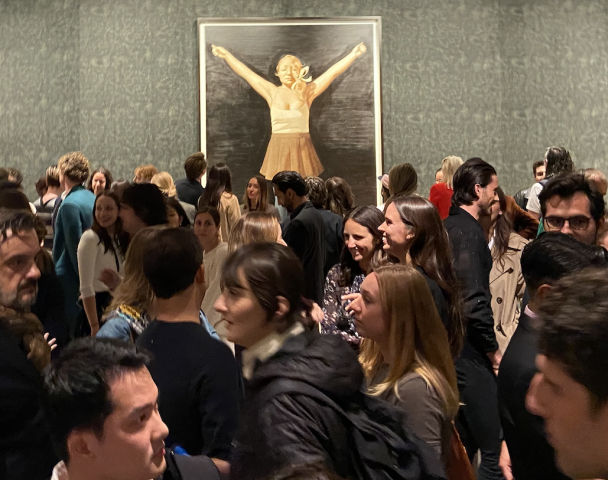Archaeology & History
Gold-Tongued Mummies Have Been Discovered in an Egyptian Cemetery
The dig at Al Bahnasa has uncovered a slew of treasures.

The cemetery at Al Bahnasa, Egypt has offered up new and unique findings in a dig overseen by Spanish archaeologists. Mayte Mascorro and Esther Pons Melado of the University of Barcelona and the Ancient Near East Institute supervised the excavation, which discovered Roman-era tombs of high-status individuals that are the first ever discovered that are dug directly into natural rock below the ground, says the Supreme Council of Antiquities’ secretary-general, Mustafa Waziri.
“The new discovery is shedding more light on the rich history of the region, as the team uncovered a series of rock-cut tombs dating back to both the Ptolemaic and Roman periods, showcasing unique burial practices and artistic expressions of the time,” Waziri said.
Also significant, Waziri said, is the discovery of terracotta statues depicting the goddess Isis-Aphrodite wearing crowns fashioned from foliage. This hybrid representation of the Egyptian goddess emphasizes the aspects of fertility that are closely associated with the Greek deity of beauty, love and procreation. Roman-era mummies also emerged from the same excavation, some wearing gilded and colored masks. In two cases, the mummies’ mouths had tongues made of gold, which was meant to preserve the deceased’s ability to speak in the afterlife.

Courtesy Ministry of Tourism and Antiquities.
“The team discovered parts of a ruined structure adorned with captivating drawings depicting intricate details of plants, grapevines, and various animals, providing valuable insights into the daily life and cultural significance of Al Bahnasa during ancient times,” said Adel Okasah, head of the Central Administration Department for Middle Egypt Antiquities.





